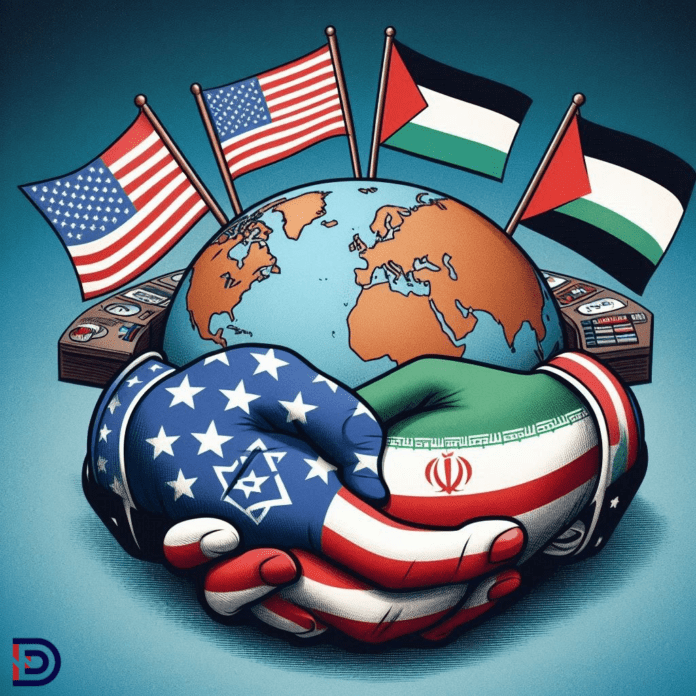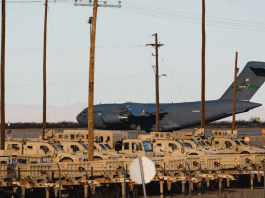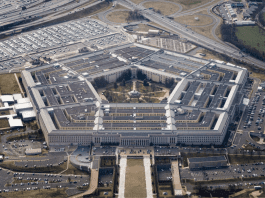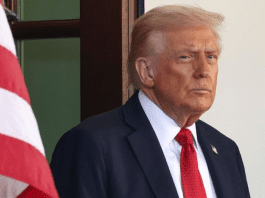Pentagon is intensifying its efforts to promote diplomacy in the Middle East. Air Force Maj. Gen. Pat Ryder, the Pentagon Press Secretary, spoke at a news conference today. He emphasised that there is still hope diplomacy and its solutions in the region.
To support these efforts, the U.S. is boosting its military presence in the U.S. Central Command’s area of responsibility. This includes the deployment of advanced military assets. The Air Force has sent F-22 Raptor aircraft to the region. Additionally, the U.S. Navy is moving the USS Abraham Lincoln Carrier Strike Group, which includes F-35C Lightning II aircraft, to the area. The USS Georgia, a guided missile submarine, is also on its way.
Currently, around 40,000 U.S. service members are stationed in the Central Command region. The Pentagon is closely monitoring the situation, with Secretary of Defense Lloyd J. Austin III maintaining near-daily contact with Israeli Defense Minister Yoav Gallant and other regional partners.
Focus on De-escalation and Cease-fire
The primary goal of the U.S. is to de-escalate tensions and secure a cease-fire in the ongoing conflict. Ryder emphasized that the U.S. is committed to ending the war in Gaza and securing the return of hostages.
In his recent conversation with Gallant, Secretary Austin reaffirmed the U.S.’s commitment to defending Israel. He also highlighted the increased U.S. military presence and enhanced capabilities in the Middle East as a response to rising regional tensions.
These military adjustments aim to improve U.S. force protection and support Israel’s defense. They also ensure the U.S. is ready to handle various scenarios that may arise. Ryder stated that the U.S. is focused on preventing a wider regional conflict.
Addressing Iranian Threats
Iran and its backed groups have threatened attacks on Israel. The U.S. takes these threats seriously but remains focused on reducing tensions. Ryder reiterated that the U.S. is working hard to enable a cease-fire and secure the return of hostages.
The U.S. strategy is designed to deter any broader regional conflict. Ryder noted that no one wants to see escalation. The U.S. hopes that its military presence and diplomatic efforts will prevent the need to use these capabilities.
Commitment to Regional Stability
The U.S. is dedicated to maintaining stability in the Middle East. The current efforts are part of a broader strategy to support regional allies and prevent further escalation. The increased military presence serves as both a deterrent and a show of support for Israel.
As the situation evolves, the U.S. will continue to work with its partners to seek a peaceful resolution. The goal is to avoid a larger conflict while protecting U.S. forces and allies.
In summary, the U.S. is enhancing its military presence in the Middle East to support diplomacy and deter further conflict. The focus remains on de-escalating tensions and securing a cease-fire, with the broader aim of maintaining stability in the region.
To read the original news please visit DOD website







